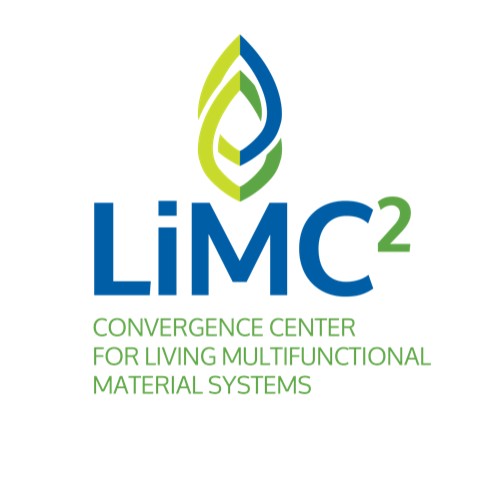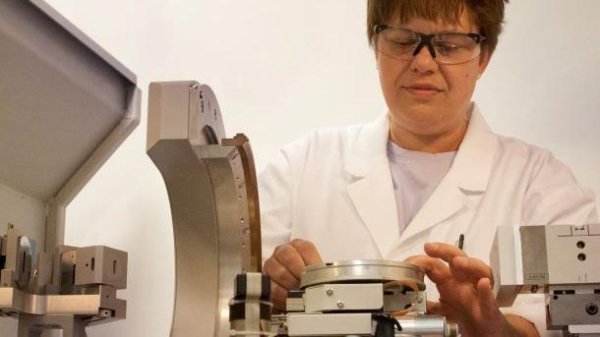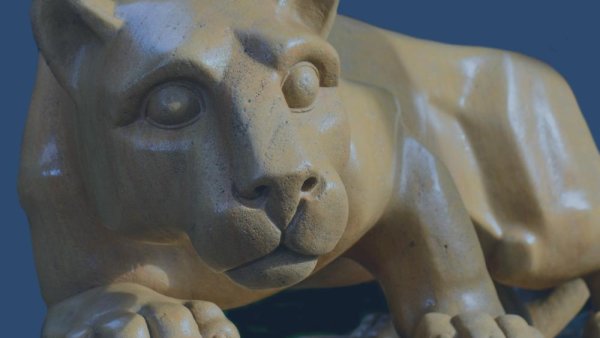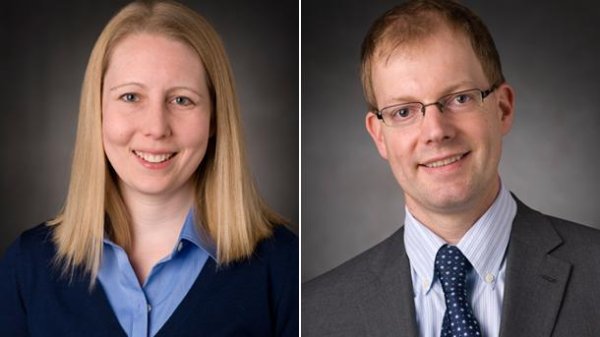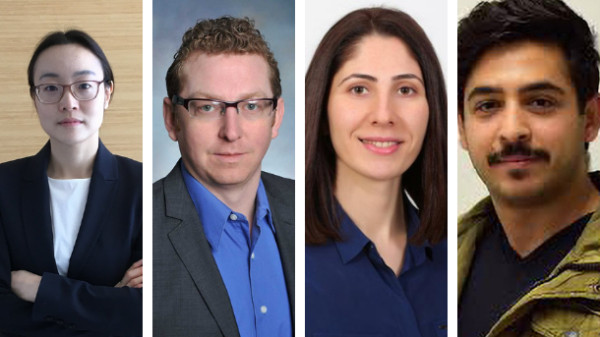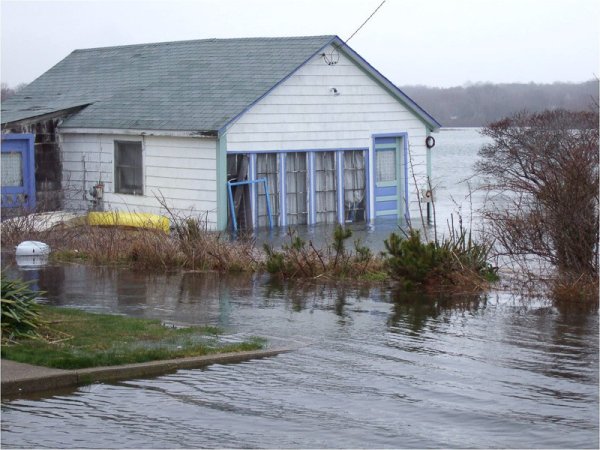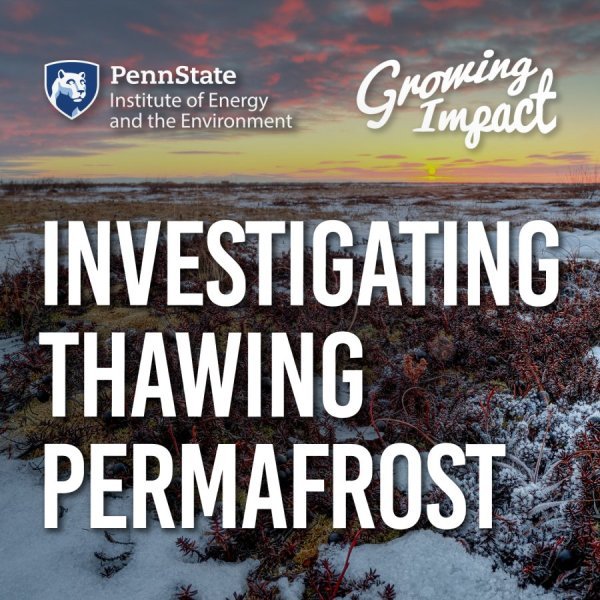New funding program to help advance living multifunctional materials
| news.psu.edu
The Convergence Center for Living Multifunctional Material Systems has announced the inaugural Living Multifunctional Materials Collaborative Research Seed Grant Program 2021, aimed at advancing the discovery of sustainable materials that are biological or inspired by biological principles.
Seven Penn State faculty named AAAS Fellows
| psu.edu
Seven Penn State faculty members in areas ranging from atmospheric science and engineering to medicine and computer science have been named fellows of the American Association for the Advancement of Science, the world’s largest general scientific society. This year a total of 489 individuals are being recognized with this lifetime honor, bestowed by their peers, for their extraordinary achievements in advancing science.
Architectural engineer on mission to enable zero-carbon buildings
| news.psu.edu
An assistant professor in architectural engineering, Pavlak and his team have focused in recent months on how design and control optimization can lead to benefits both for buildings and the environment in one cohesive process, known as co-design.
MRI grants to seed exploration of transformative materials research
| psu.edu
The Penn State Materials Research Institute (MRI) is offering a variety of seed grants to enable University faculty to establish new collaborations with partners outside their own units for exploration of transformative ideas for high-impact research.
Virtual seminar offers inside view of challenges to diversifying geoscience
| news.psu.edu
Vernon Morris, professor of chemistry and environmental sciences at Arizona State University and a leading proponent of the #notimeforsilence call to action, will discuss challenges to achieving equitable representation in the geosciences at 4 p.m. Monday, Nov. 23. The talk will be broadcast via Zoom: https://psu.zoom.us/s/767635597.
Virtual EarthTalks seminar examines anti-racism reckoning in higher education
| news.psu.edu
Gary King, professor of biobehavioral health and African American studies at Penn State, will discuss the diversity, equity and inclusion paradigm and the anti-racism reckoning in higher education at 4 p.m. Monday, Nov. 2. The talk, which is free and open to the public, will be broadcast via Zoom.
Penn State, University of Freiburg to deepen ties at Virtual Materials Day
| news.psu.edu
Penn State and the University of Freiburg will showcase their close collaboration in the field of living materials during the upcoming Materials Day on Nov. 10-11, an annual event organized by the Materials Research Institute to highlight materials-related interdisciplinary science and engineering research at Penn State.
Penn State Harrisburg to hold Faculty Research Day
| psu.edu
The Office of Research and Outreach at Penn State Harrisburg will hold Faculty Research Day from 8 a.m. to 5:30 p.m. Thursday, Oct. 8. via Zoom. Ann M. Schlenker, director of the Center for Transportation Research at Argonne National Laboratory, will deliver the keynote address.
Engineering professors selected as 2021 AIAA Associate Fellows
| psu.edu
Jacqueline O'Connor, assistant professor of mechanical engineering, and Sven Schmitz, associate professor of aerospace engineering, were selected as 2021 AIAA Associate Fellows.
Schreyer grant to enhance mechanical engineering undergrad curriculum
| psu.edu
In their mission to ensure a cutting-edge and impactful undergraduate curriculum, faculty in the Penn State Department of Mechanical Engineering have received a grant from the University’s Schreyer Institute of Teaching Excellence.
Four new faculty members join Department of Chemical Engineering
| psu.edu
Four new researchers are joining the faculty of Penn State’s Department of Chemical Engineering.
Simpler models may be better for determining some climate risk
| news.psu.edu
Typically, computer models of climate become more and more complex as researchers strive to capture more details of our Earth's system, but according to a team of Penn State researchers, to assess risks, less complex models, with their ability to better sample uncertainties, may be a better choice.

